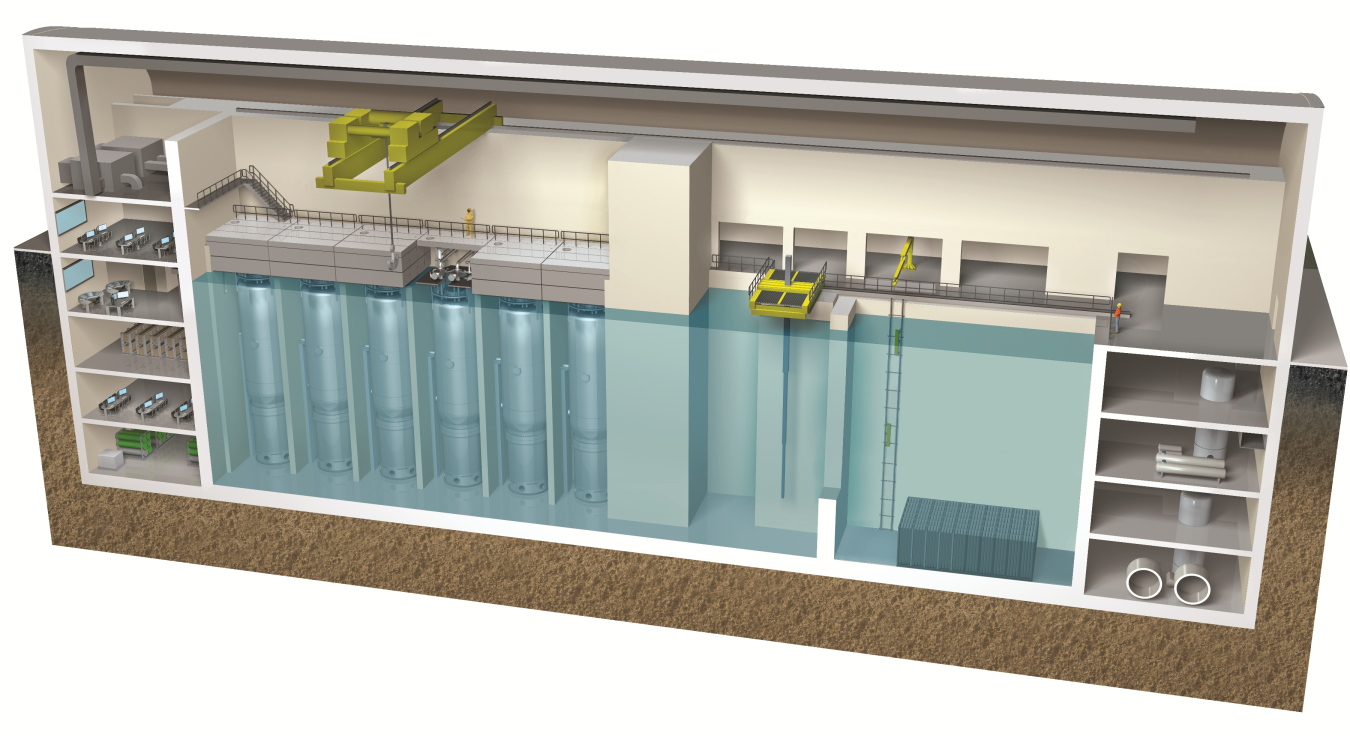Here are 6 things you need to know about the FY19 budget request.
March 20, 2018
Join the Conversation
The U.S. Department of Energy (DOE) recently released its FY19 congressional budget request of $30.6 billion.
That includes more than $757 million for the Office of Nuclear Energy (NE).
NE is working to revitalize the nuclear energy sector by addressing three main priorities:
- Expand the lifespan of the nation’s existing fleet;
- Develop a new pipeline of advanced nuclear reactors;
- Strengthen the nation’s fuel cycle infrastructure.
Here are 6 things you should know about NE’s budget request.
1. Nuclear Energy is a Priority
The Trump Administration ordered a comprehensive review of the nation’s nuclear energy policy back in June and announced it would take steps to revive, revitalize and expand the nation’s nuclear sector.
Nuclear currently provides about 20% of the country’s power and 60% of its carbon-free electricity—the most of any clean energy source. It supports roughly half a million American jobs and brings critical resiliency and reliability attributes to the electric grid.
2. Budget Request is Up Nearly 7% from FY18 Request
NE’s total request of $757 million is up nearly 7% over the FY18 request ($703 million). According to the FY19 request, these funds will support nuclear energy research and development (R&D) efforts.
3. Advanced Small Modular Reactors

NuScale's small modular reactor is on track to become the nation's first design certified by the NRC.
The office is dedicating $54 million to support early-stage research on advanced small modular reactors. The technology could be a potential game-changer for the industry. It has a host of benefits, including the ability to provide flexibility and resiliency to the grid with passive cooling designs that don’t require pumps or operator action.
In 2013, NE supported NuScale—an Oregon-based company currently on track to become the nation’s first advanced small modular reactor design certified by the Nuclear Regulatory Commission (NRC).
4. Advanced Fuels
NE will use $40 million to help develop advanced fuels and materials that can extend the shelf life of the nation’s current reactor fleet.

Related Story
With the average age of a U.S. reactor approaching 40 years old, safer and more efficient fuels could extend its shelf life to 80 years of operation.
Thanks to NE technical support, multiple nuclear power plants have or are planning to install lead test rods and assemblies in their commercial reactors as early as this year. This is a crucial step in supporting the industry’s desire to implement their fuels by 2025 or earlier.
5. Versatile Advanced Test Reactor
NE is dedicating $15 million to research design options for an advanced versatile test reactor (VTR). These designs will focus on user requirements for the advanced reactor community, specifically in the areas of testing fuels, materials and coolants in a prototypical environment.
VTR will be an essential tool for the United States to regain global leadership in developing advanced reactors. By providing fast neutrons, the test reactor could dramatically accelerate testing and the development of fuels and materials by an order of magnitude compared to the Advanced Test Reactor—a thermal test reactor currently operating at Idaho National Laboratory.
6. Continuing the Yucca Mountain License Application
In addition to the $757 million for the Office of Nuclear Energy, the Trump Administration has also requested $120 million for DOE to restart its application process with the NRC for the Yucca Mountain repository site and to initiate a robust interim storage program.
Read the full DOE budget request.


